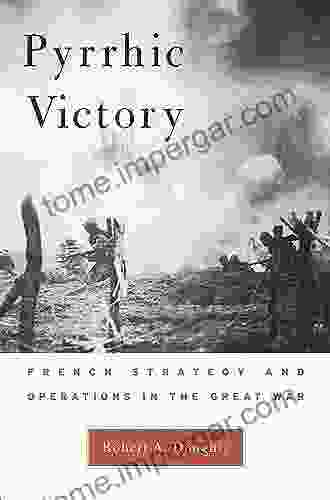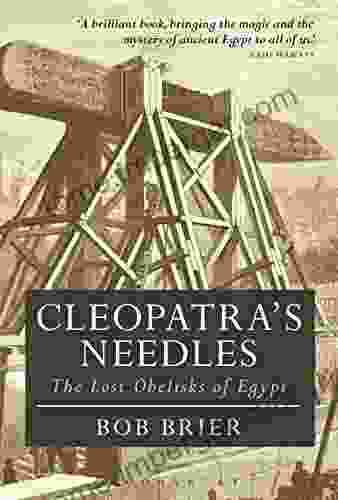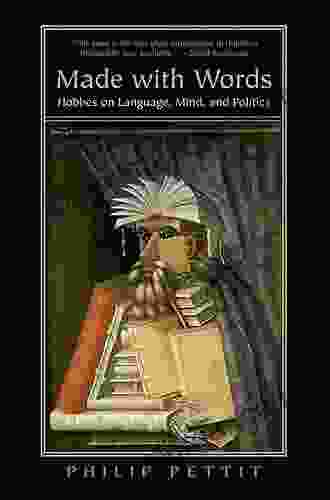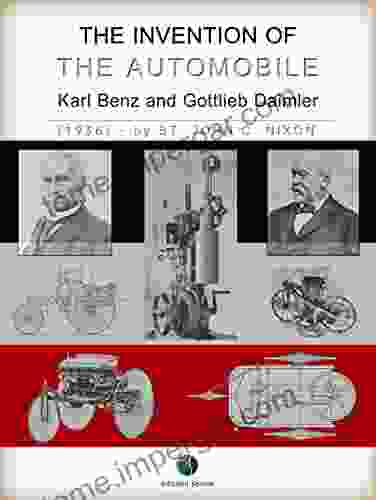Hobbes On Language, Mind, and Politics: Unraveling the Leviathan's Linguistics

In the annals of philosophy, few works have left an imprint as profound and enduring as Thomas Hobbes's magnum opus, "Leviathan." Published in 1651, this seminal treatise has ignited centuries of debate and inspired countless minds. At the heart of Hobbes's philosophical edifice lies a fascinating exploration of the intricate relationship between language, mind, and politics.
5 out of 5
| Language | : | English |
| File size | : | 2828 KB |
| Text-to-Speech | : | Enabled |
| Enhanced typesetting | : | Enabled |
| Word Wise | : | Enabled |
| Screen Reader | : | Supported |
| Print length | : | 192 pages |
Hobbes, a brilliant and acerbic thinker, believed that language was the key to understanding both the human mind and the nature of political power. In "Leviathan," he argues that language is not merely a neutral tool for communication but a powerful force that shapes our thoughts, actions, and social interactions.
Language and the Formation of the Mind
For Hobbes, language is inextricably linked to the development of human cognition. He posits that the mind is a "tabula rasa," a blank slate upon which experience is inscribed. As we encounter the world, our senses gather information that is then processed and organized through the medium of language.
Language provides us with concepts and categories that allow us to make sense of our surroundings. It enables us to distinguish between objects, events, and qualities, and to form complex thoughts and ideas. Hobbes argues that without language, our minds would be a chaotic jumble of unorganized sensations.
Hobbes's view of language as a formative force in the development of the mind has had a profound impact on cognitive science and linguistics. His insights have helped scholars understand how language influences our perception, memory, and problem-solving abilities.
Language and Political Power
Beyond its role in shaping the mind, Hobbes also saw language as a crucial factor in the formation and maintenance of political power. He argues that the state, or "Leviathan," is a necessary institution to prevent the chaos and anarchy that would inevitably arise from the natural state of human beings.
Hobbes believed that the language of the state is a powerful tool for controlling the behavior of its citizens. By defining what is considered right and wrong, lawful and unlawful, the state uses language to create a shared set of values and expectations.
Hobbes's analysis of the relationship between language and political power has been influential in the fields of political science and sociology. His insights have helped scholars understand how language can be used to manipulate public opinion, justify state actions, and maintain social Free Download.
Hobbes On Language, Mind, and Politics: A Legacy of Influence
Thomas Hobbes's "Leviathan" remains a foundational work in Western philosophy, and its insights on language, mind, and politics continue to resonate today. His ideas have influenced generations of thinkers, from political philosophers to cognitive scientists, and his work continues to be the subject of intense scholarly debate.
For those seeking to delve into the depths of Hobbes's philosophical thought, "Hobbes On Language, Mind, and Politics" offers an invaluable guide. This comprehensive volume explores the full range of Hobbes's ideas on these interconnected topics, providing a rich and nuanced understanding of his profound and enduring legacy.
5 out of 5
| Language | : | English |
| File size | : | 2828 KB |
| Text-to-Speech | : | Enabled |
| Enhanced typesetting | : | Enabled |
| Word Wise | : | Enabled |
| Screen Reader | : | Supported |
| Print length | : | 192 pages |
Do you want to contribute by writing guest posts on this blog?
Please contact us and send us a resume of previous articles that you have written.
 Book
Book Novel
Novel Page
Page Chapter
Chapter Text
Text Story
Story Genre
Genre Reader
Reader Library
Library Paperback
Paperback E-book
E-book Magazine
Magazine Newspaper
Newspaper Paragraph
Paragraph Sentence
Sentence Bookmark
Bookmark Shelf
Shelf Glossary
Glossary Bibliography
Bibliography Foreword
Foreword Preface
Preface Synopsis
Synopsis Annotation
Annotation Footnote
Footnote Manuscript
Manuscript Scroll
Scroll Codex
Codex Tome
Tome Bestseller
Bestseller Classics
Classics Library card
Library card Narrative
Narrative Biography
Biography Autobiography
Autobiography Memoir
Memoir Reference
Reference Encyclopedia
Encyclopedia Yasser Seirawan
Yasser Seirawan Edward Foley
Edward Foley Denise Marek
Denise Marek Frans P B Osinga
Frans P B Osinga Christie Hartman
Christie Hartman Sheila Mccraith
Sheila Mccraith Benjamin Dangl
Benjamin Dangl Ioannis Pappas
Ioannis Pappas Belinda Barton
Belinda Barton Fred Allen
Fred Allen Betsy De Thierry
Betsy De Thierry Bill Jeffries
Bill Jeffries Barbara Fifer
Barbara Fifer Lloyd Kahn
Lloyd Kahn Bill Carter
Bill Carter Stanley Milgram
Stanley Milgram Karrah Atherton
Karrah Atherton Bill Murphy Jr
Bill Murphy Jr Supplement Edition Kindle Edition
Supplement Edition Kindle Edition John N Powers
John N Powers
Light bulbAdvertise smarter! Our strategic ad space ensures maximum exposure. Reserve your spot today!

 Douglas FosterUnlock Your Creative Power: The Ultimate Guide to Overcoming Resistance and...
Douglas FosterUnlock Your Creative Power: The Ultimate Guide to Overcoming Resistance and... Nathaniel HawthorneFollow ·17.8k
Nathaniel HawthorneFollow ·17.8k Edwin BlairFollow ·11.8k
Edwin BlairFollow ·11.8k Bradley DixonFollow ·19.9k
Bradley DixonFollow ·19.9k Mitch FosterFollow ·3.5k
Mitch FosterFollow ·3.5k H.G. WellsFollow ·16.8k
H.G. WellsFollow ·16.8k Holden BellFollow ·17.8k
Holden BellFollow ·17.8k Jorge Luis BorgesFollow ·13.2k
Jorge Luis BorgesFollow ·13.2k Mikhail BulgakovFollow ·2.8k
Mikhail BulgakovFollow ·2.8k

 Edison Mitchell
Edison MitchellFrench Strategy and Operations in the Great War
An In-Depth Examination of Military Genius ...

 Harvey Hughes
Harvey HughesArts In Health: Designing And Researching Interventions
Delving into the...

 Walt Whitman
Walt WhitmanHealing and Hope for Those with Empty Arms
A Comprehensive Guide for Grieving...

 DeShawn Powell
DeShawn PowellUniversity of Maine Ice Hockey: A Legacy of Frozen Glory
Nestled in the heart of Maine, a state...

 George Hayes
George HayesControl For Aluminum Production And Other Processing...
In today's competitive manufacturing...

 Ben Hayes
Ben HayesThe Lost Obelisks Of Egypt: A Journey into the Depths of...
: The Enduring Allure of Egypt's Ancient...
5 out of 5
| Language | : | English |
| File size | : | 2828 KB |
| Text-to-Speech | : | Enabled |
| Enhanced typesetting | : | Enabled |
| Word Wise | : | Enabled |
| Screen Reader | : | Supported |
| Print length | : | 192 pages |










